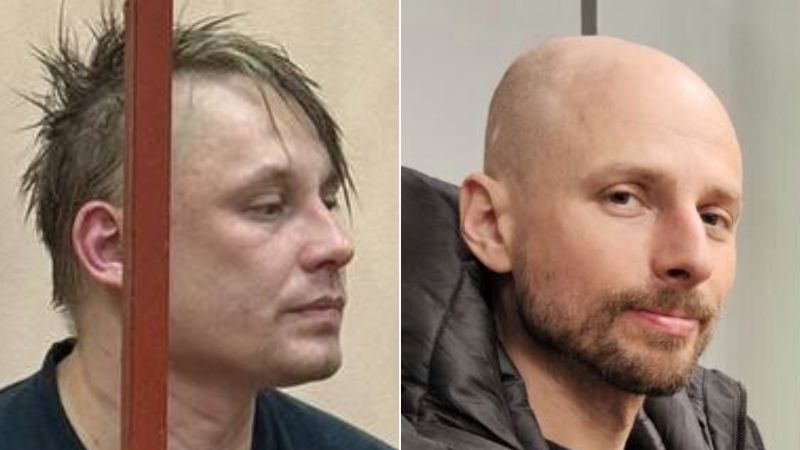Russian authorities recently arrested two accomplished journalists, namely Anna Narinskaya and Vladislav Yesypenko, on charges of ‘extremism.’ The reason behind their arrest was purported involvement with a group headed by Russian opposition leader Alexei Navalny. This course of action demonstrates a further tightening of the state’s control over the media and crackdown on dissent in the post-Soviet nation.
Anna Narinskaya, a well-respected journalist known for her articulate viewpoints, was arrested in Moscow. Her arrest came after she voiced her opinions on a radio talk-show, flagging concerns about the unflattering state of affairs in Russia under President Putin’s regime. Narinskaya was visible at numerous opposition rallies, providing news updates and critical assessment of the socio-political environment. She, alongside numerous other journalists, had been vociferously championing the cause of political reforms and freedom of speech, standing against what she perceived as oppressive state control.
On the other hand, Vladislav Yesypenko, a freelancer for the Crimea.Realities project on Radio Free Europe/Radio Liberty (RFE/RL), was arrested in Crimea. His work revolved mainly around documenting and revealing the ongoing oppression and violation of human rights in the much-disputed region. He had been a persistent thorn in the authorities’ side due to his refusal to soften his reports criticizing the regime’s activities in Crimea.
The Russian authorities accuse Narinskaya and Yesypenko of indulging in ‘extremism,’ a charge shrouded in abstractions. Their alleged association with Alexei Navalny’s group seems to be the primary bone of contention here. Navalny, a lawyer-turned-political dissident, has emerged as a significant thorn in Putin’s side. His investigations into corruption have garnered widespread attention both domestically and internationally. Consequently, anyone linked with Navalny has swiftly attracted the ire of the Russian authorities.
The charges of ‘extremism’ against the journalists have raised concerns among domestic and international human rights bodies. Critics argue these arrests are a severe violation of freedom of speech and expression. They view it as an attempt by the Russian authorities to silence valid criticism and suppress information about the state’s perceived transgressions, particularly related to Navalny.
These arrests do not simply target the arrested individuals but aim to send out a clear signal to journalists and political dissidents in Russia. They lay out the boundaries for what the Russian state perceives as permissible and impermissible narratives.’
Press freedom organizations and human rights bodies worldwide have condemned these arrests. They argue that press freedom is a central pillar of a democratic setup, crucial to check potential abuses of power, and prompt discussions on pertinent socio-political issues. Thus, these incidences of arrest under ‘undefined extremism’ charges can be seen as stifling these essential voices.
The western nations, most notably the European Union and the United States, have strongly condemned this high-handedness by the Russian state. They have urged Russia to abide by international norms, respect freedom of speech, and cease its crackdown on journalists and opposition politicians.
Navigating the tense socio-political environment, journalists in Russia strive to bring out stories that often stand at odds with the narrative propagated by the state-controlled media. Their work is an intrinsic part of democratic functioning, providing checks and balances to government power. The Russian state’s latest move, purportedly to control ‘extremism,’ has the potential to skew this relationship, compromising the basic tenets of democracy.




